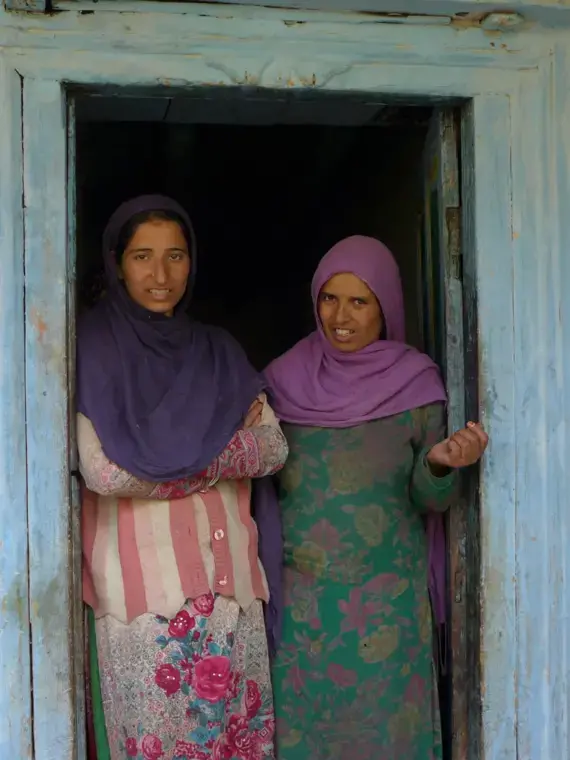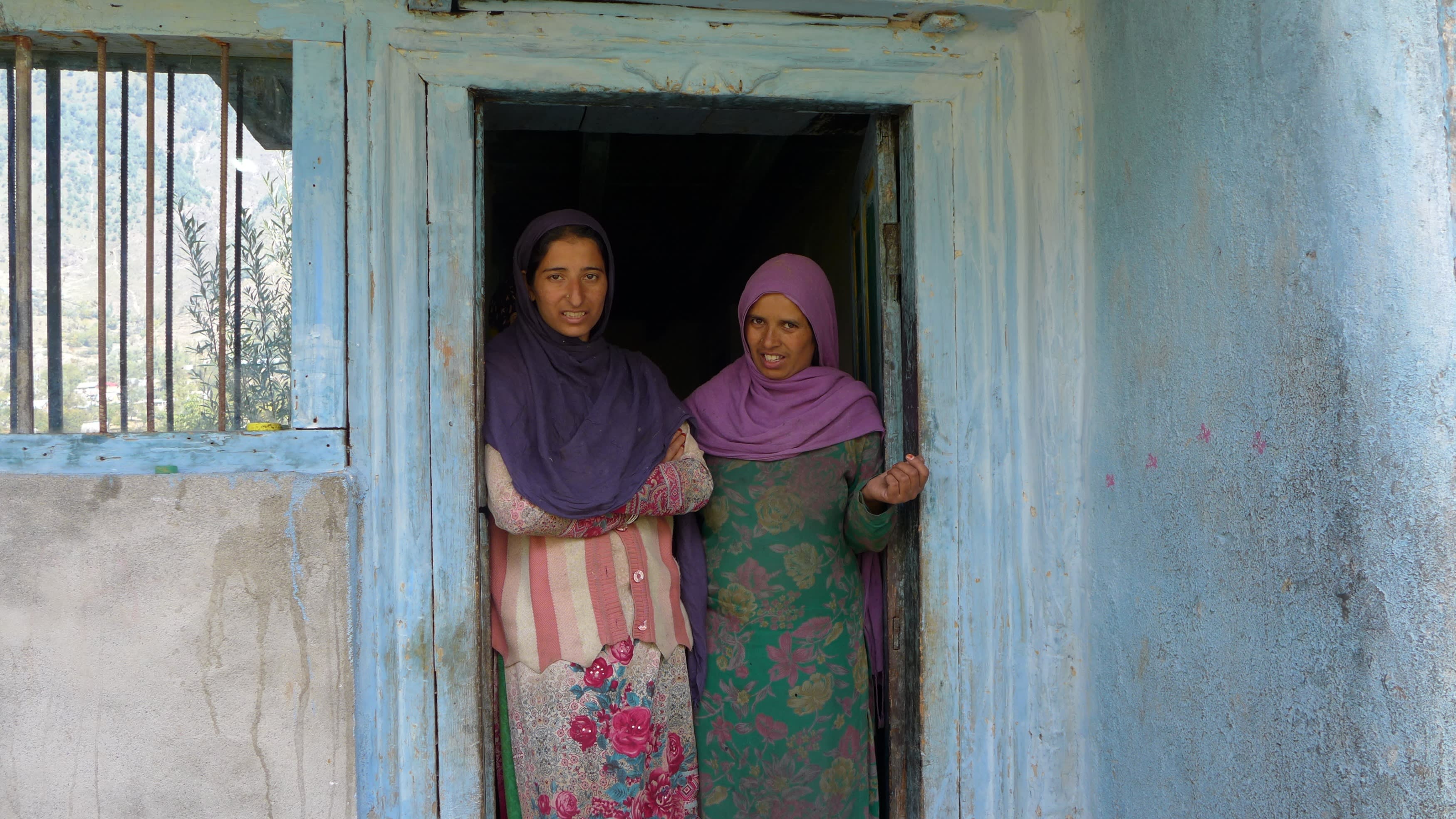The women of this tribe complain they give birth to more children than they desire and this has an adverse impact on their health. Due to the socio-cultural barriers, poverty, and lack of unbiased gender-sensitive information, the women have limited fertility control choices available.
The stories coming out of Kashmir are majorly conflict-related. Other issues—especially those to do with gender—are hardly written about. As a result, there is a lack of awareness. The tribal communities live in far-flung areas of Kashmir, and reporters rarely travel to these areas to tell their stories. Reports on the reproductive rights of tribal women almost never make it to the media, barring a few.
The National Health Policy 2017 of India says that contraceptive methods should be provided at various levels of the health system, including emergency contraception. But, on the ground, reproductive rights are hardly accessed by the Gujjar women due to family restrictions and social taboos associated. Women in these tribal communities are unable to make decisions regarding childbearing as there is male supremacy in their community. Male sterilization, a much easier process, is not a conversation at all, and women are given limited or no choice in childbearing due to stigma.





